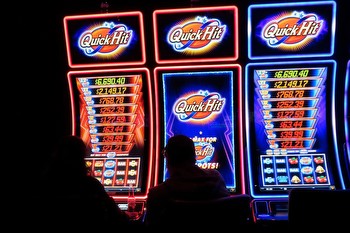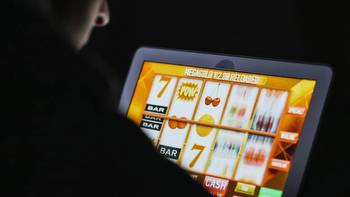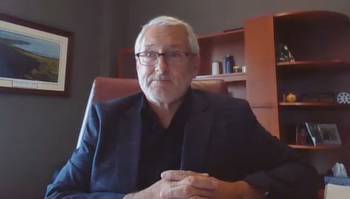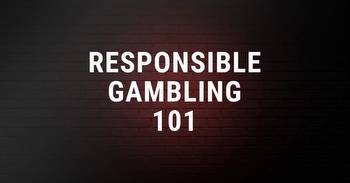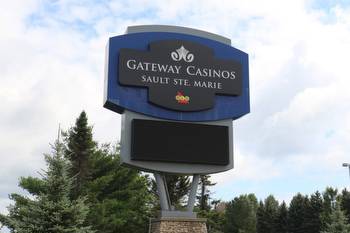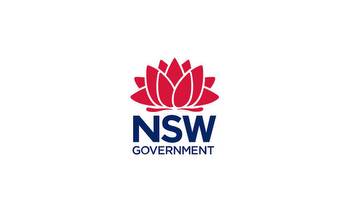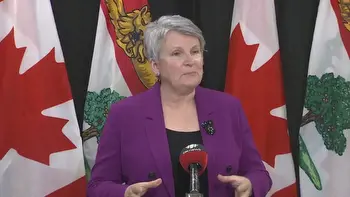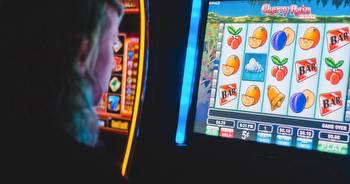New P.E.I. site that targets problem gambling a 'missed opportunity,' expert says

The incidence rate of problem gambling has shot up in P.E.I. So have gambling revenues. An expert shares her notes on a new provincial website meant to encourage responsible gambling.
Site should include specific details on harms and spending limits, counsellor suggests
The P.E.I. Department of Health and Wellness has launched a new website and social media campaign as part of the province's responsible gambling strategy.
But there are questions as to just how useful the new resources will be when it comes to protecting Islanders from gambling addiction, and why the province didn't include more specific information about spending on gambling and the number of Islanders considered at risk.
The website includes prominent links to P.E.I.-based addiction services as well as the toll-free number for the province's gambling support line.
Below that, the site links to a series of short articles with titles including "Financial Resilience: What Is It?" and "How Can Budgeting for Gambling Help Me?"
"There was nothing wrong with what they were showing, but it was pretty general and not as gambling-specific as I thought [it would be]," said Elizabeth Stephen, a counselling therapist based in Halifax who specializes in helping people addicted to gambling.
Stephen described the website as a "missed opportunity" for the province, saying there should have been more specific information about gambling risks and the incidence rate of problem gambling in P.E.I.
For example, an article on budgeting for gambling states: "A good rule to remember when gambling is never spend more than you can afford to lose."
Stephen compared that language to "the way people used to look at smoking in the 50s… 'Budget for gambling but make sure you don't budget too much.'"
National guidelines include spending limits
Stephen thinks the P.E.I. site should have incorporated specific limits on spending laid out by the Canadian Centre on Substance Use and Addiction in its lower-risk gambling guidelines.
Those guidelines stipulate Canadians should spend no more than one per cent of their before-tax income on gambling.
And unlike P.E.I.'s web page, the site for those national guidelines clearly lays out how much that amounts to monthly for Canadians in different income brackets.
For example, households with an income of $70,000 should gamble with no more than $58 per month.
For a household earning $100,000 a year, the limit is $92 monthly.
"Most people would be shocked by that," said Stephen. "If you were playing VLTs, that $92 would be gone in less than an hour, probably."
P.E.I.'s new responsible gambling strategy, released in mid-September, says the province should develop gambling literacy campaigns based on the lower risk guidelines.
There is a link to the guidelines included on a page nested within P.E.I.'s site, but the content of the guidelines doesn't seem to have been incorporated into the site itself.
Campaign meant 'to meet people where they are'
Nora McCarthy Joyce is a community engagement and education specialist with the province's three-person gambling support unit.
She says with the new website and a social media marketing campaign, the province is "just trying to meet people where they are," in the digital realm.
"Technology and globalization since the early 2000s has changed dramatically," McCarthy Joyce said, and people who once had to visit a casino or bar in person during operating hours in order to gamble can now do so 24/7 on their phone.
She said the new website was developed within the department based on interactions "across the aisle and tip-to-tip, delivering resources and educational sessions, just really listening to what Islanders have to say and what seems to be some really relevant topics."
We're destigmatizing the topic and we're actually enabling and supporting people who do need care to access it.— Nora McCarthy Joyce
She noted the website includes self-assessment tools as well as supports for family members who might be impacted by a person's problem gambling.
"As we normalize the conversation around gambling, the way that we talk about alcohol addiction or tobacco or vaping, what we're really doing is we're destigmatizing the topic and we're actually enabling and supporting people who do need care to access it."
Separate profits from harm reduction
Stephen also questioned the inclusion of multiple links to responsible gambling resources from Atlantic Lotto on P.E.I.'s new website, saying the corporation that generates profit from gambling shouldn't be the source when it comes to reducing harm.
Governments "don't want the harm, but they want the profit," Stephen said. "It's a hard choice, you know, to reduce harm. It means that the profit's going to be reduced.
"I think that's why these two things should be kept quite separate."
Profits up, along with those at risk
P.E.I. has seen its gambling revenues soar in the past two years, after taking a slight dip in 2020 during the COVID-19 pandemic.
Last year, the province received $29 million as its revenue share from Atlantic Lotto, a new record and about 60 per cent higher than the five-year average before COVID-19 restricted the hours of operation for VLT sites and casinos. A major factor in the increase was the introduction of single-sport betting through a change in federal law in 2021.
At the same time, the province has failed for 10 straight years to make good on a commitment laid out in 2008 to devote 1.5 per cent of gambling revenues to efforts to promote responsible gambling.
The Department of Finance has now committed to spend up to $500,000 over each of the next three years, and the new website and marketing campaign appear to be part of that spending.
In the last full fiscal year, the province spent $192,000 on responsible gambling measures, or 0.7 per cent of gambling revenues.
This September, the province released a prevalence study based on a 2019 survey which found 9 per cent of Islanders were at risk of harm from their gambling — a tripling of the incidence rate recorded in 2005, the last time such a survey was conducted on Prince Edward Island.









